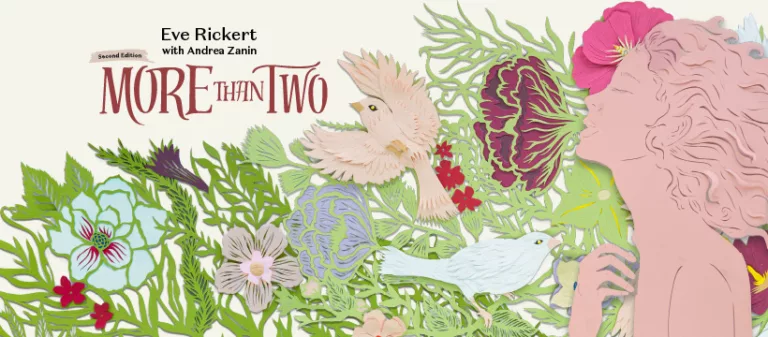This is a post written by my friend Shea Emma Fett on her personal blog on January 18, 2015. She has given me permission to repost some of her essays here as guest posts.
The core elements of every manipulative exchange are remarkably simple. There is a carrot and a stick. If you change your behavior in this way, I will reward you, if you do not, I will punish you.
This project is going to take a lot of extra hours. Are you the kind of team player who is willing to make sacrifices?
- The carrot: you will be seen as a team player which gives you both a social reward, and potentially a career reward
- The stick: you will not be seen as a team player, leading to disapproval, alienation from your team, and possibly getting fired
- The behavior: Working unpaid hours
The thing that separates manipulation from enslavement on one end, and influence on the other, is the illusion of choice. It is also why being manipulated will degrade your self esteem so rapidly. You watch yourself make choices against your own self interest, and it chips away at your self respect.
I’m what you might call a “soft target.” I care a lot about my self identity. I care a lot about what people think of me. I’m conflict averse. I was a part of a manipulative dynamic for a long time, and by the end of it, I was incapable of standing my ground.
Do you know what it’s like to know that that’s in you? That you can be so weakened, by someone you love, without them lifting a finger against you? It didn’t start out that way, though. It started out with a carrot and a stick. The carrot was peace. The stick was turmoil. My behavior was quiet. It was a no-brainer at first. And then he found my hook. Compassion.
At first the exchange was simple. Listen to him, so that he will be able to listen to you. Validate his experience, so that he will be able to validate yours. But that’s not really what happened. I would listen, and validate, and then the conversation would end. Because there could not be two stories or two perspectives. And when this upset me, my identity was threatened. Listen, validate, stay in line, and be seen as compassionate (carrot). Choose differently, and be seen as self centered and cruel (stick).
Every time you give into a manipulative bid, you reinforce the behavior. But far more important than that, is that you reinforce the reality in which the manipulation exists. Every time I conceded to keep the peace, every time I listened and validated, and let my experience go unheard, every time I capitulated to preserve my identity, I reinforced a very specific model of reality.
And this is why manipulation and gaslighting make such perfect bedfellows. Because when I tried to stand up for my reality, I couldn’t under the weight of the other reality that I had given so much credence to.
I used to believe, in good faith, that compassion would always build a bridge between two people. But now I also understand that my compassion can be used as a weapon against me. And so I would like to ask you now. What were we doing when you asked me to show you compassion? Was I pointing out a problem? Was I speaking up for myself and my experience?
It’s important that I understand what you hope my compassion will accomplish. Do you want to build a bridge with me? Because I would like that very much.
Or do you want me to change my behavior, and accept your reality instead of my own? Is the carrot your approval of my compassionate nature? Is the stick your judgement that I am really self centered and cruel? Is the behavior you would like my complicit silence?
Because I have been there before, and I will not be a soft target anymore. So don’t threaten me. Showing compassion is my choice, and I do not owe it to you.

Like what you’re reading? Buy my book!



